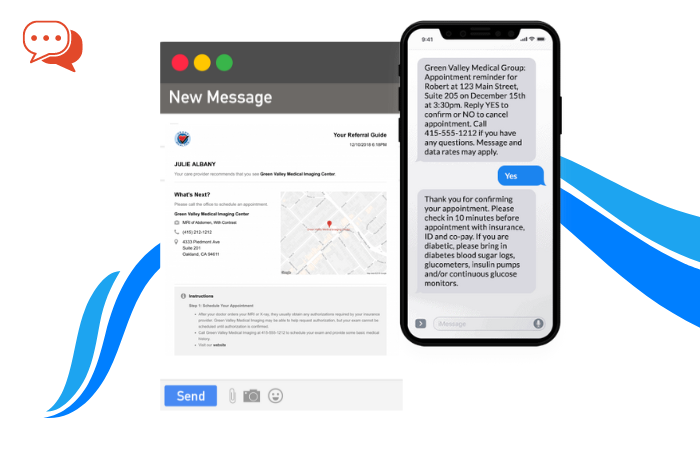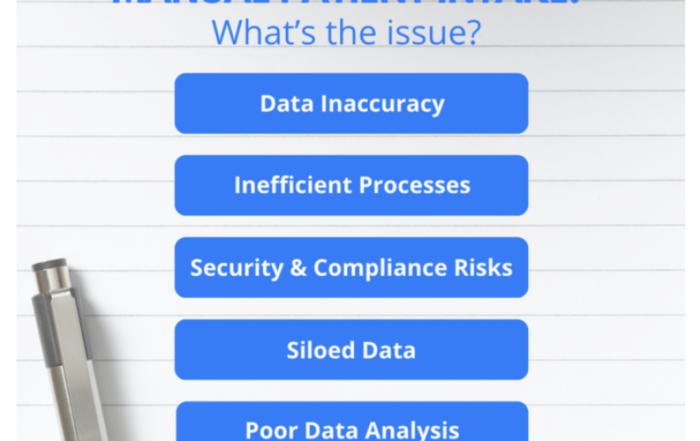In the contemporary healthcare landscape, prioritizing value-based care has become imperative for healthcare providers, encompassing Accountable Care Organizations (ACOs), Federally Qualified Health Centers (FQHCs), healthcare systems, and hospitals. A thorough understanding of a patient’s health is paramount for managing costs, mitigating risks, and delivering high-quality, personalized care. The accuracy and completeness of coding for a patient’s health conditions play a pivotal role in determining payment for care and sharing associated risks. Why is value-based care an important shift in healthcare?

Value-based care is essential for healthcare providers for several reasons, as it represents a shift from the traditional fee-for-service model to a more patient-centric and outcomes-focused approach. This transformation is crucial for several reasons:
- Focus on Patient Outcomes: Value-based care strongly emphasizes positive patient health outcomes, fostering improved patient satisfaction and overall health.
- Cost Efficiency: Emphasizing preventive care and efficient management of chronic conditions, value-based care aims to reduce unnecessary healthcare costs, leading to better resource utilization and overall cost savings.
- Quality Improvement: Prioritizing the quality of healthcare services, value-based care encourages evidence-based practices and adherence to clinical guidelines, resulting in improved overall healthcare standards.
- Patient Engagement: Encouraging greater patient engagement and shared decision-making, value-based care leads to better adherence to treatment plans, improved communication with healthcare providers, and better health outcomes.
- Population Health Management: Promoting population health management, value-based care addresses the health needs of entire populations, encouraging strategies for preventive care, early intervention, and community health management.
- Reduced Fragmentation: Encouraging better coordination among healthcare providers, value-based care reduces the fragmentation of care, providing a more seamless and integrated patient healthcare experience.
- Payment Reform: Involving a shift away from fee-for-service reimbursement models, value-based care aligns financial incentives with positive health outcomes through alternative payment models.
- Adaptation to Changing Demographics: Addressing the challenges of an aging population and increasing chronic conditions, value-based care promotes proactive and personalized approaches to care delivery.
- Regulatory and Payer Emphasis: Supported by healthcare regulations and payer initiatives, value-based care offers financial incentives, regulatory compliance, and strengthened relationships with payers.
In this context, ReferralMD serves as a robust care coordination solution, enabling healthcare providers and payers to track the complete life cycle of a referral. Through real-time data exchange with community providers, irrespective of their Electronic Medical Record (EMR) system, ReferralMD ensures critical patient information is readily available to all involved parties.
ReferralMD facilitates capturing and documenting clinical information during the referral process, ensuring accurate recording and sharing of the patient’s complete health history. This comprehensive data sharing enhances care coordination, improving patient outcomes and collaborative efforts among healthcare professionals.

Photo by fancycrave1 on Pixabay
Moreover, ReferralMD streamlines the payment and reimbursement process by ensuring accurate coding of a patient’s health conditions, enabling appropriate payment and accurate implementation of risk-sharing arrangements.
By leveraging ReferralMD, healthcare organizations can effectively navigate the complexities of value-based care. They can optimize information exchange, coordinate care efficiently, and ensure accurate reimbursement, ultimately empowering providers to deliver personalized, high-quality care while managing costs and minimizing risks.
In summary, value-based care is indispensable for healthcare providers, aligning healthcare delivery with a focus on positive patient outcomes, cost efficiency, and quality improvement. ReferralMD plays a pivotal role in enhancing these aspects, contributing to a more sustainable and effective approach to addressing evolving challenges in the healthcare landscape.










